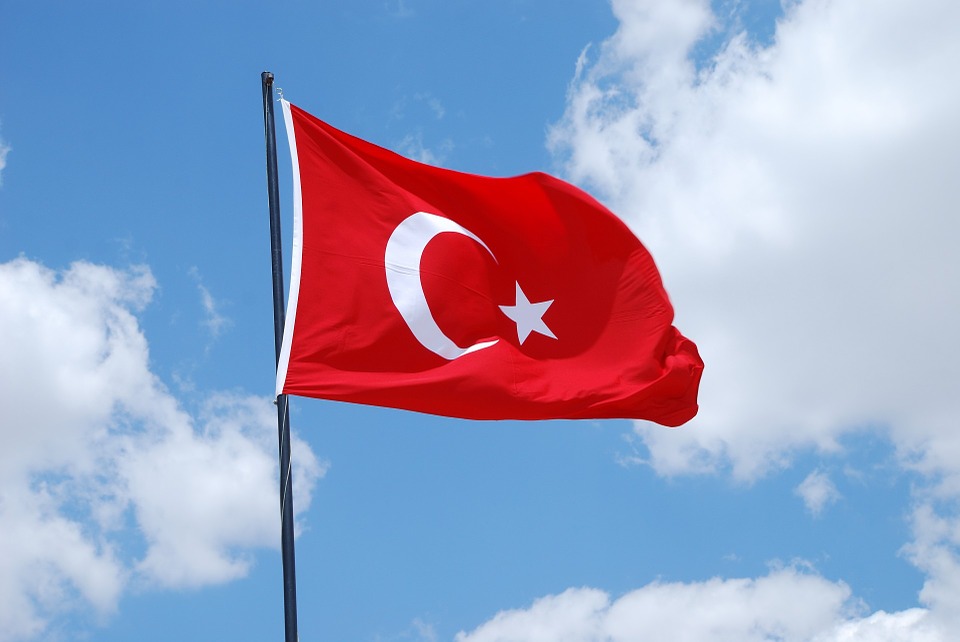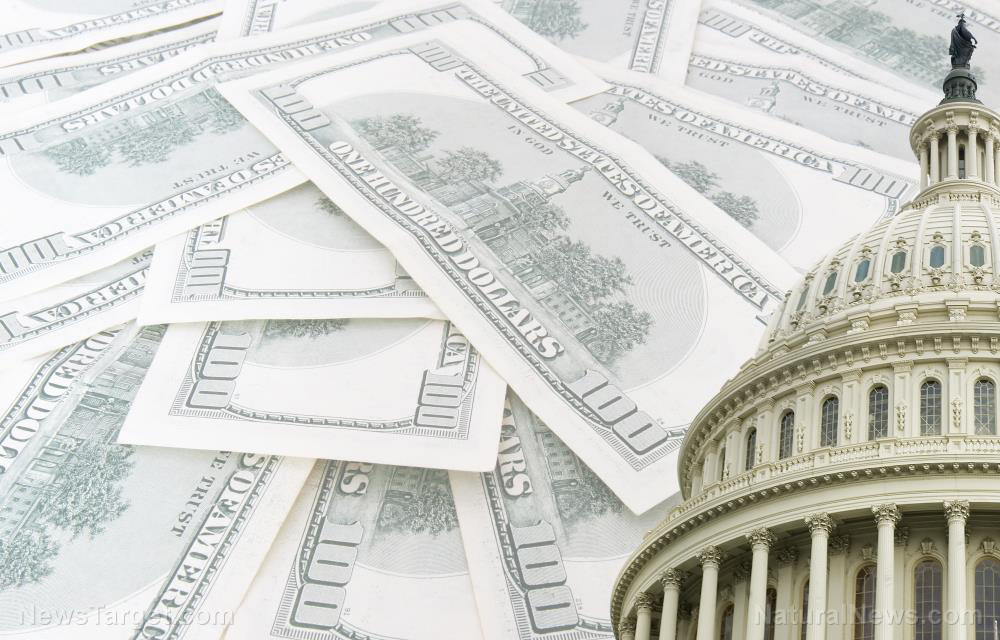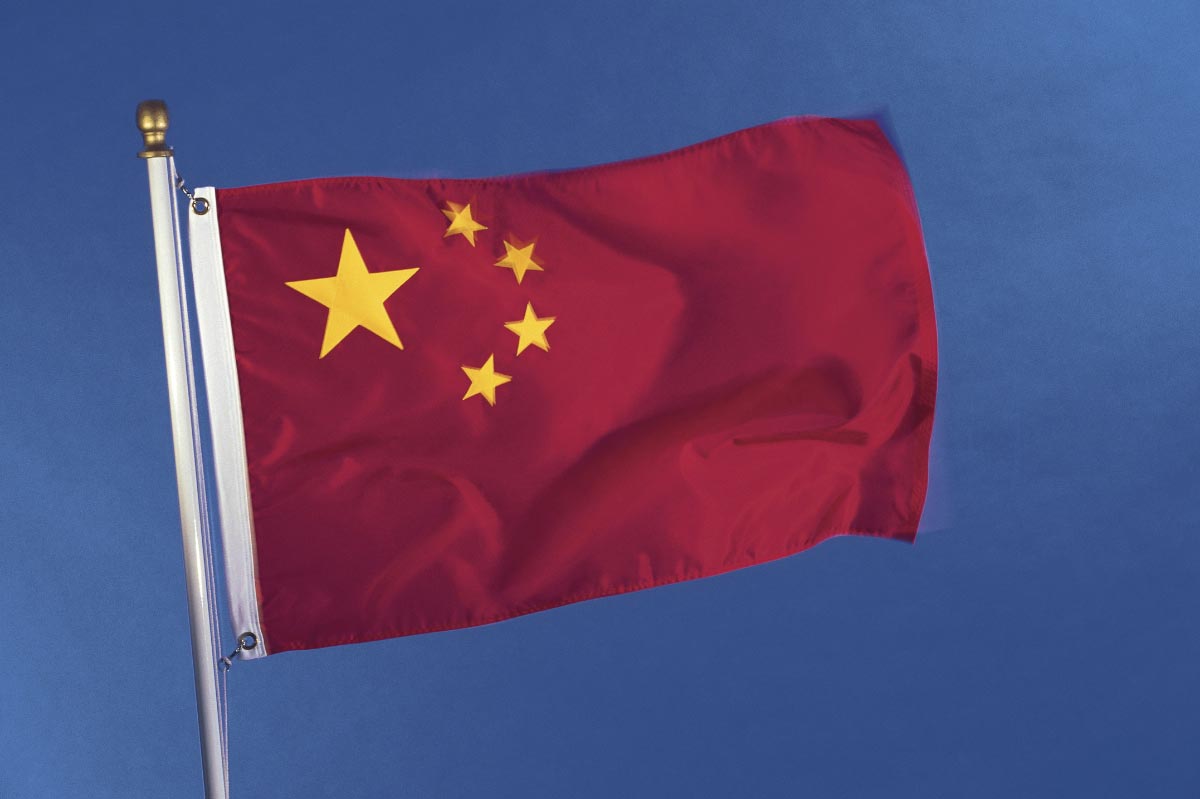Turkish annual inflation jumps to 83.45% due to excessive government spending on welfare and the military
10/11/2022 / By Arsenio Toledo

The annual inflation rate for Turkey climbed to a 24-year record-high of 83.45 percent in September, according to data from the Turkish Statistical Institute.
This broke the record set in August, when year-over-year inflation hit 80.21 percent. It also marked the 11th consecutive month of uncontrollable inflation. The last time inflation in Turkey was this high was in July 1998, when it stood at 85.3 percent year-over-year.
Independent researchers believe inflation is actually much higher. The Inflation Research Group, a Turkish organization, believes year-over-year inflation is actually anywhere between 176 to 186 percent.
Month-over-month, consumer prices grew by 3.08 percent. The domestic producer price index went up by 4.78 percent from the previous month, and up 151.5 percent annually.
The Turkish lira has also lost much of its value against the American dollar. This “devaluation spiral” began in 2013, but nosedived over the past 12 months.
In Sept. 2021, $1 was worth around eight Turkish liras. As of press time, it’s worth 18.58 Turkish liras. This represents a roughly 28 percent decrease in value since the start of the year.
Turkish businesses have been hammered by the devaluation of the lira, leading to the inflation crisis and causing operating costs to skyrocket.
“The situation is even worse for skilled workers,” said Cem Oyvat, an economics lecturer at the University of Greenwich. He noted that due to inflation, people’s wages are being depleted, leading to a devastating brain drain as people leave the country for places that are willing to pay more.
Losing such talent has “the potential to damage Turkey’s economy long into the future, with the economy losing out on the jobs and businesses these individuals could have created,” he said.
Military and welfare spending two big culprits for Turkey’s inflation crisis
Jose Nino, writing for Big League Politics, noted that Turkey will likely be the first North Atlantic Treaty Organization (NATO) member that will collapse due to inflation, and this collapse can be traced to its policy of investing oversized chunks of their yearly spending on the military and on welfare and social services. (Related: NATO planning massive military buildup after taking in two new members, Finland and Sweden.)
According to the latest data from the World Bank, around 7.5 percent of Turkey’s general government expenditure is spent on the military, well above the world average of 5.5 percent and similar to the United States’ level of spending on the military of 7.9 percent.
Data from TUIK further noted that welfare spending – classified as “social protection” spending – accounted for 13 percent of Turkey’s GDP in 2020, or 655.599 billion Turkish lira ($35.281 billion). Nearly half of this spending went to benefits for the elderly.
“Turkey has been ambitious both in domestic and military terms. Like many nations who pursue the policies of ‘guns and butter,’ Turkey is beginning to experience the negative side effects of overstretching your resources,” wrote Nino.
“As a result, Turkey is the NATO member with the highest inflation rate. “Ultimately, the Turkish case serves as an example of how the warfare-welfare state eventually leads to economic turmoil. One can only hope that Western nations can begin reconsidering their activist domestic foreign policies.”
Learn more about global inflation at Inflation.news.
Watch this clip from InfoWars featuring Harrison Smith talking about how governments, not corporations, cause inflation.
This video is from the InfoWars channel on Brighteon.com.
More related stories:
Inflation under Biden, Democrats costing Americans more than $11,000 a year per household.
Inflation in Argentina up almost 79% in August, virtually guaranteeing another interest rate hike.
British pound sterling’s value against the dollar falls to lowest level since 1985.
Zimbabwe central bank announces gold currency to combat inflation.
Sources include:
Submit a correction >>
Tagged Under:
big government, Bubble, Collapse, debt collapse, economic collapse, economic crisis, financial crisis, global inflation, government debt, government spending, Inflation, inflation crisis, market crash, military spending, money supply, risk, turkey, welfare spending
This article may contain statements that reflect the opinion of the author
RECENT NEWS & ARTICLES
COPYRIGHT © 2017 NATIONAL DEBT NEWS




















